
Sickle Cell Disease
Advertisement
Gene therapy is reshaping sickle cell care, raising awareness and advancing treatments beyond the lab.
Reduced-intensity HSCT conditioning with lentiviral gene therapy decreased severe vaso-occlusive events by more than 80%.
Evidence was presented at EHA2025 that the agent improves RBC health and blood flow in patients.
Two cases of patients with SCD and history of delayed hemolytic transfusion reaction were presented at EHA2025.
The analysis was an assessment of 15-year follow-up data from the CLIMB study and was presented at EHA2025.
Vivien Sheehan, MD, explained how a novel assay can guide personalized therapeutic approaches for sickle cell disease.
Rilzabrutinib significantly decreased spleen weight and reduced inflammation in mice with homozygous sickle cell genotype.
MIRCA is a device designed to assess the flexibility of red blood cells of patients with sickle cell disease.
Compared with placebo, crizanlizumab has superior safety and comparable efficacy in patients with sickle cell disease.
The study led by Paul George, MD, PhD, also highlights the importance of patient regimen adherence to secure these benefits.
The findings coincide with patient reports of experiencing increased vaso-occlusive episodes during menses.
The Foundation for Sickle Cell Disease Research will evaluate VAS-101 in a phase 1 clinical study.
The platform features incubation technology able to replicate cell microenvironments associated with SCD sickling.
Patients with follow-up of one month or longer saw hemolysis marker improvement and reported no vaso-occlusive crises.
In a phase III trial 90% of evaluable patients were free of severe vaso-occlusive crisis for at least 12 consecutive months.
Reni-cel led to hemoglobin normalization and increased fetal hemoglobin in patients with sickle cell disease.
An expert panel's review finds SCT has often been misattributed as the direct cause of mortality in patients who have SCT.
Preliminary efficacy and safety findings from a multicenter, open-label, phase Ib/II prospective study have been encouraging.
In a study SCT appeared linked to an increased risk of pregnancy-associated VTE, pulmonary embolism, and isolated DVT.
Patients receiving mitapivat showed a statistically significant hemoglobin response rate compared with placebo.
Advertisement

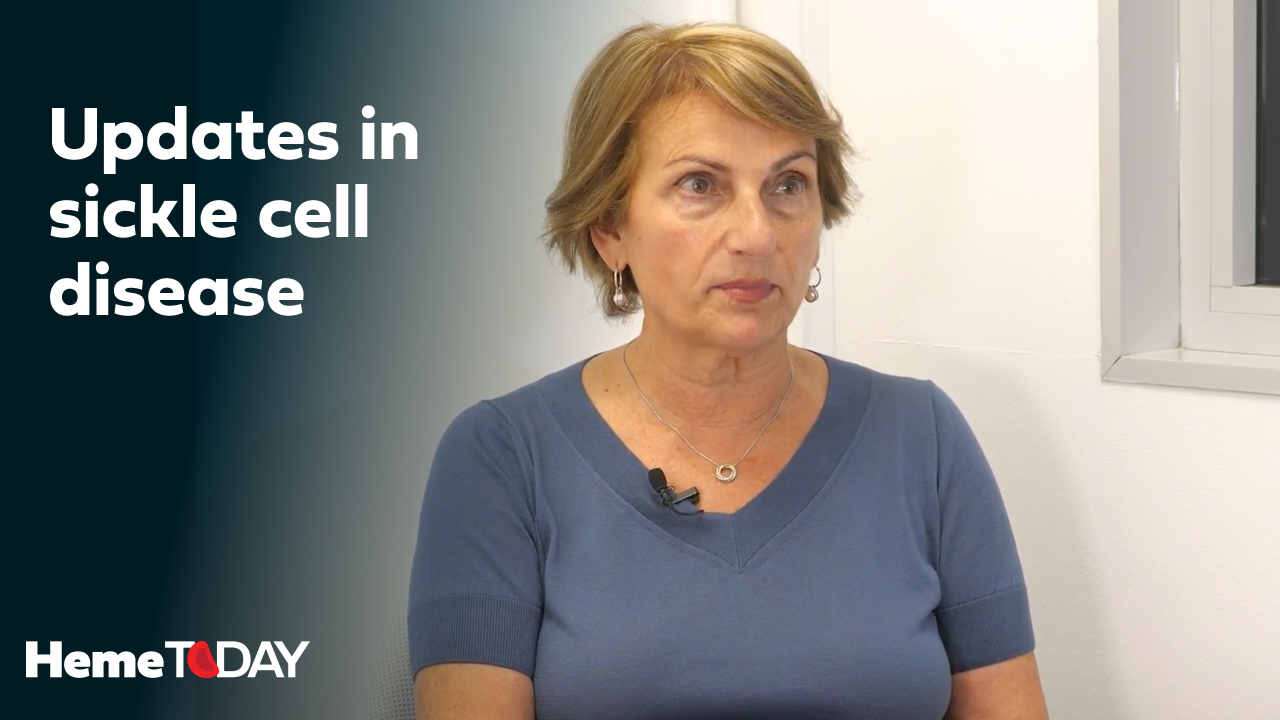

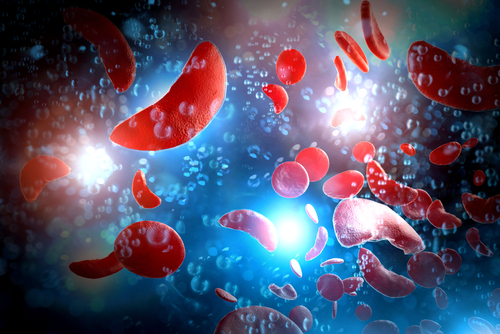
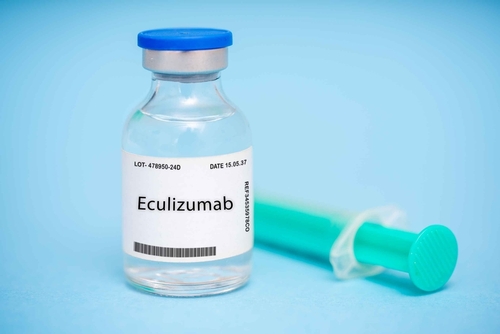
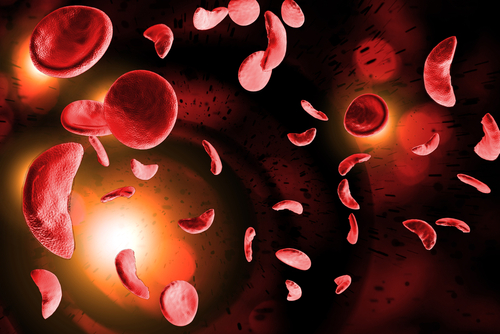
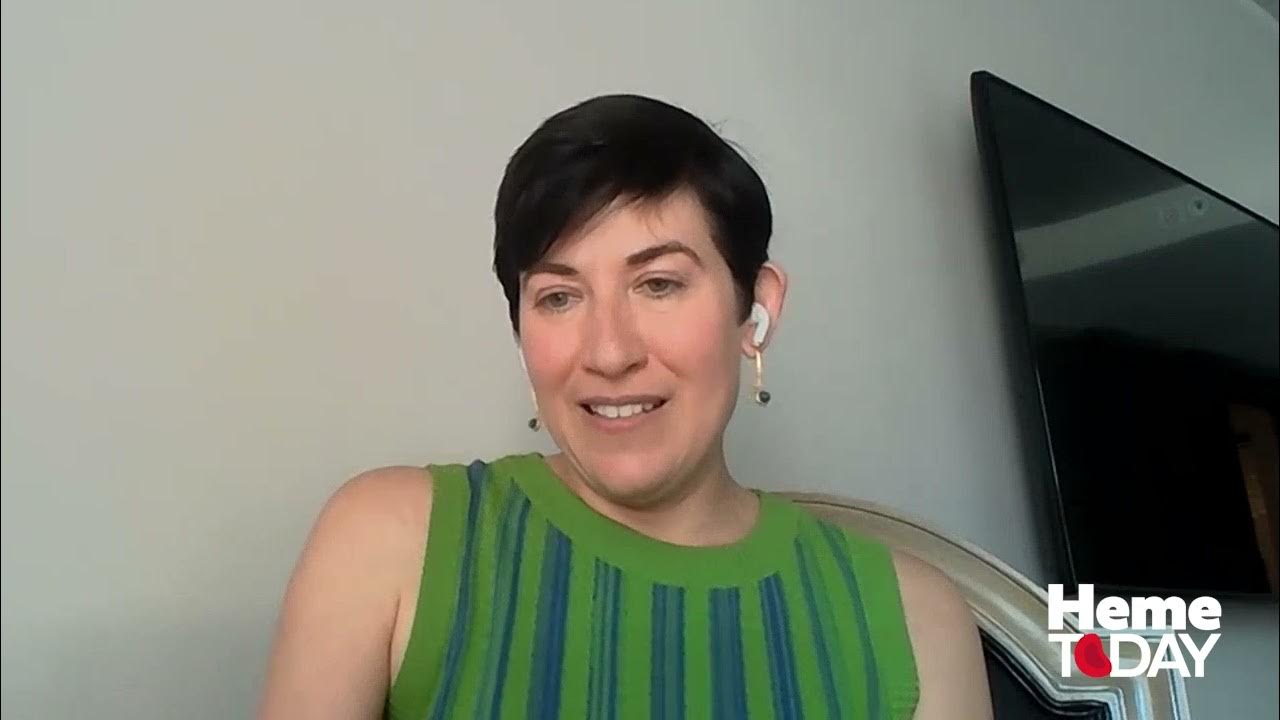

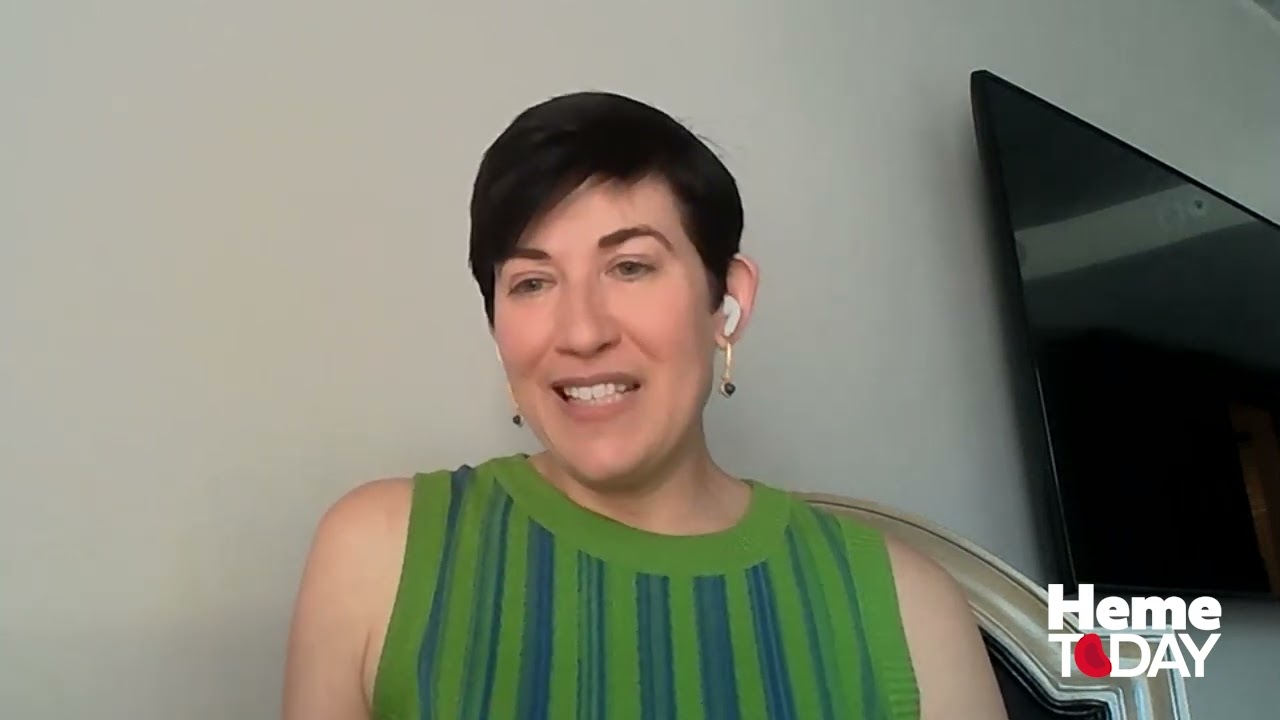

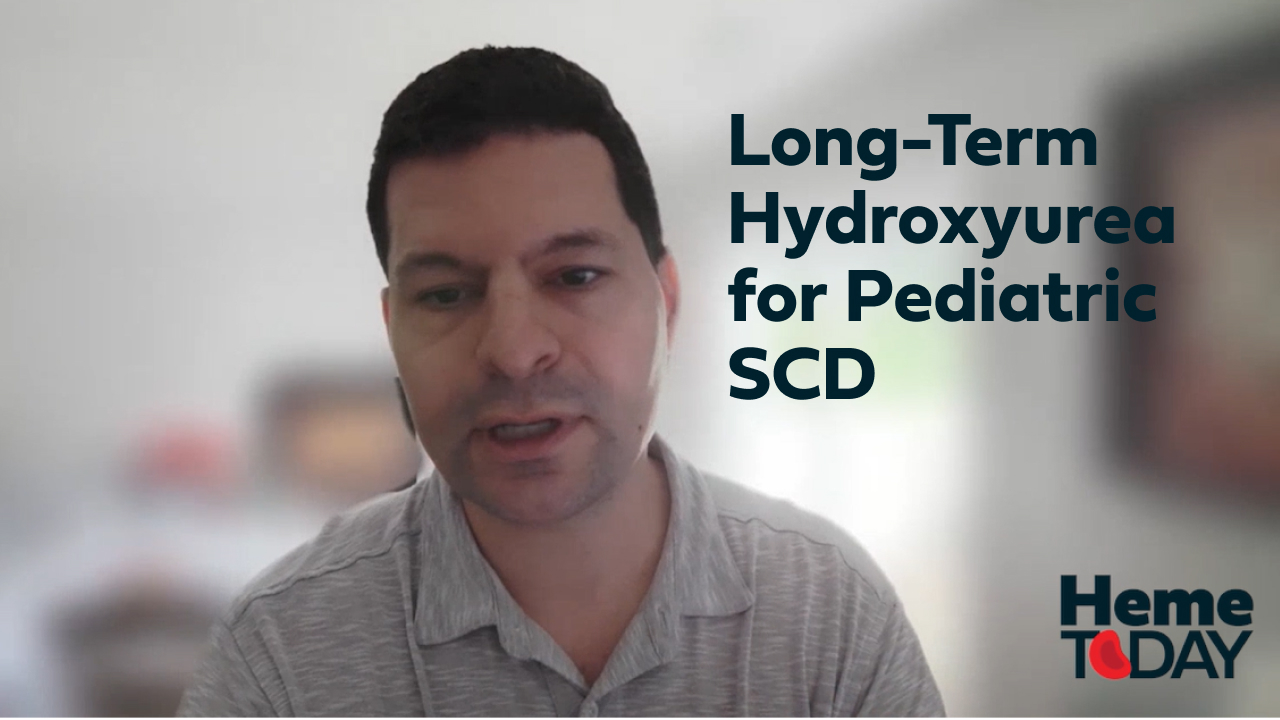


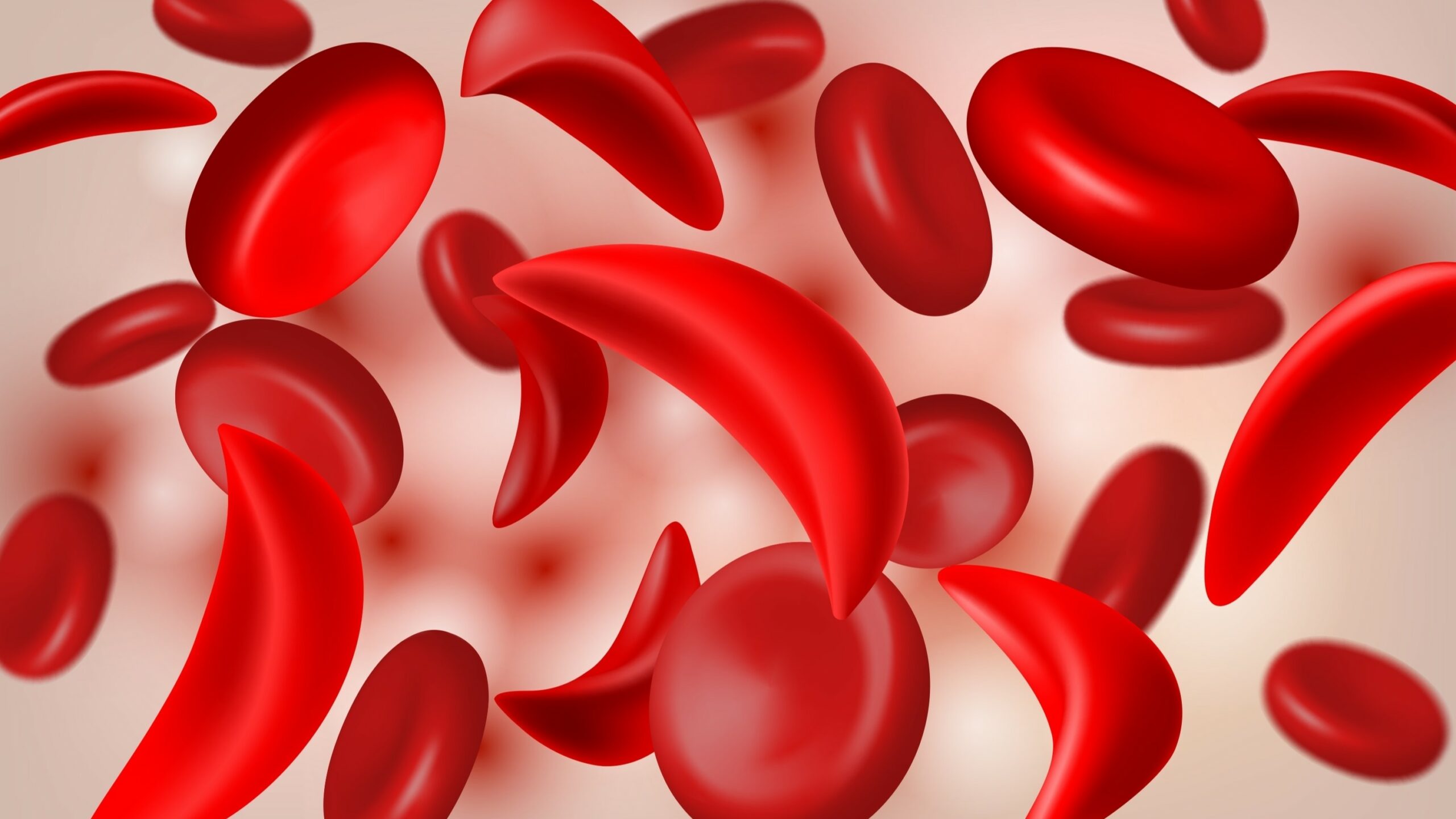
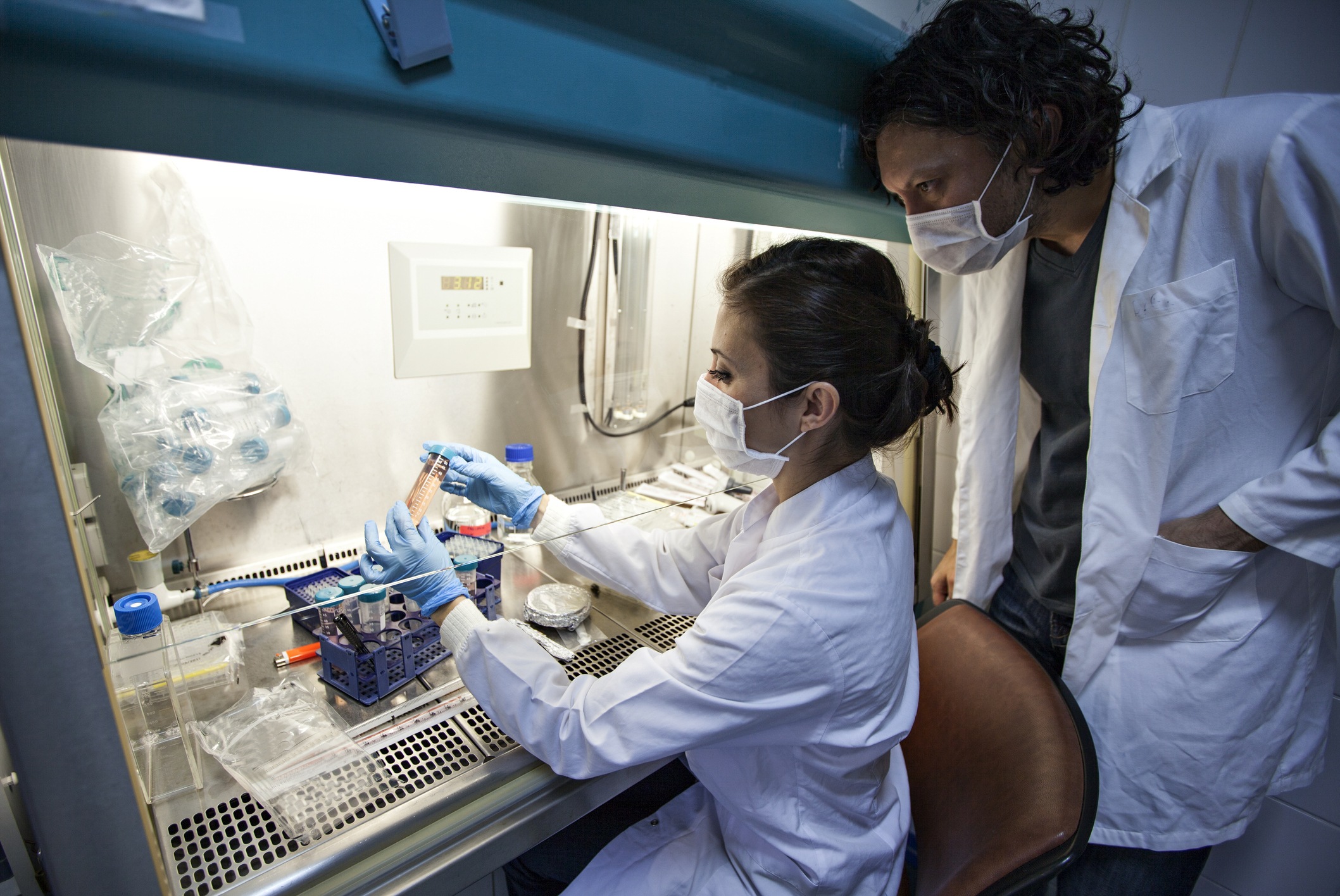
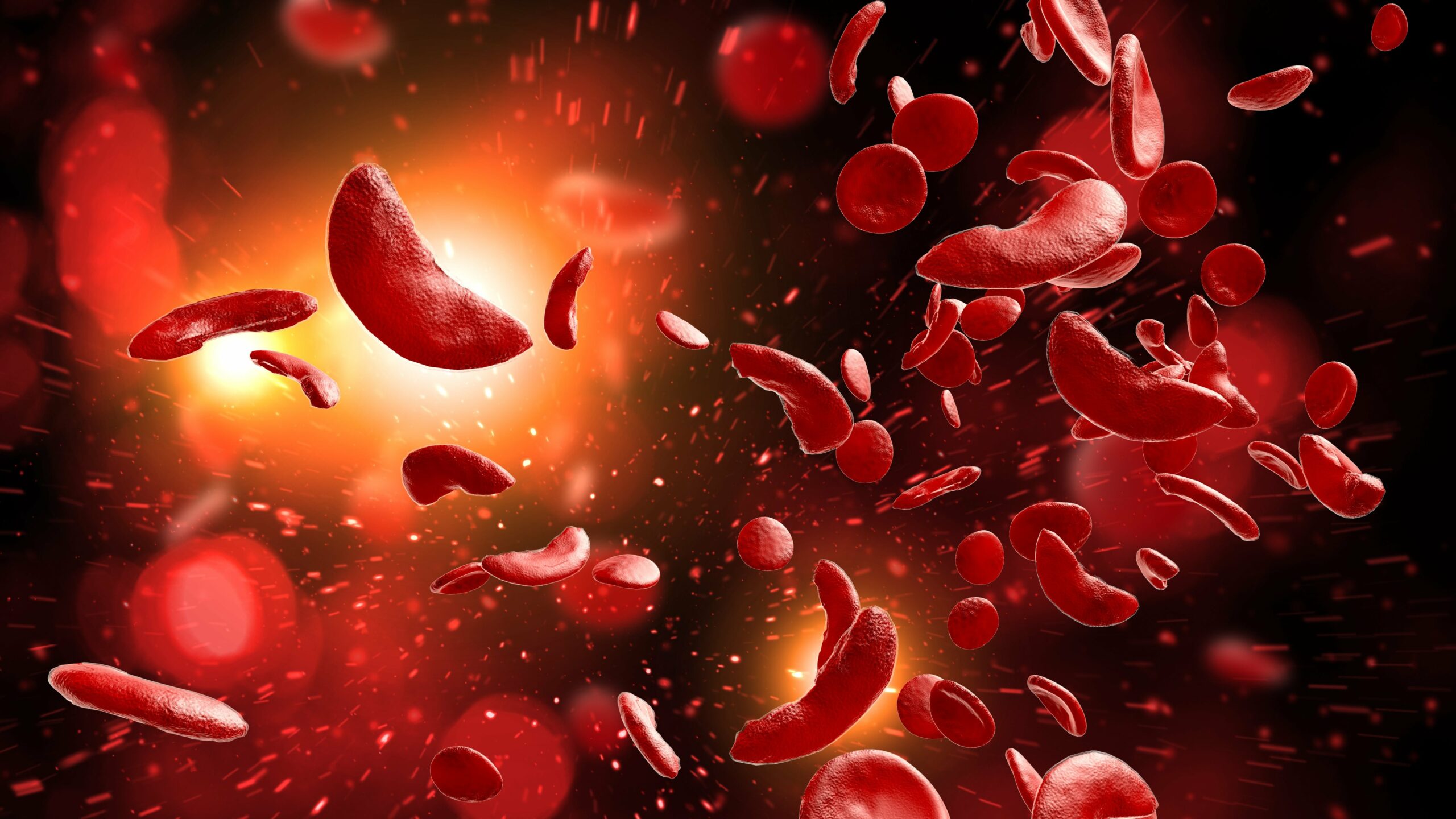




 © 2025 Mashup Media, LLC, a Formedics Property. All Rights Reserved.
© 2025 Mashup Media, LLC, a Formedics Property. All Rights Reserved.